For Parents
Three in four parents say they have had a conversation with their teen about what it means to be in a Healthy Relationship –but 74 percent of sons and 66 percent of daughters said they have not had a conversation about dating abuse with a parent in the past year.
You don't have to be a perfect parent, you just need to be a supportive one. Now is the time to talk to your teen.
For Parents
Three in four parents say they have had a conversation with their teen about what it means to be in a healthy relationship –but 74 percent of sons and 66 percent of daughters said they have not had a conversation about dating abuse with a parent in the past year.
You don't have to be a perfect parent, you just need to be a supportive one. Now is the time to talk to your teen.
What do I need to know as a parent?
Teen Dating Violence is prevalent, but preventable
Teen Dating Violence is more common than many people think. 1 in 3 teens in the U.S. will experience physical, sexual, or emotional abuse by someone they are in a relationship with before they become adults. Two-thirds never tell anyone. Nearly half (43%) of those who identify as college women report experiencing violent and abusive dating behaviors. Dating abuse can happen to anyone, regardless of their age, financial status, race, gender, sexual orientation, or background.
Understanding what Teen Dating Violence is, why it happens, and what it means for those involved is an important first step in prevention. Once you're equipped with understanding, you should provide reliable and accurate information to your teen about what a Healthy Relationship feels like, looks like, and sounds like.
How do I talk to my teen about dating?
Teens are thinking about a lot of things when it comes to their dating life, but Dating Violence is likely not one of those things. Your role as their parent is not to know everything, but to provide guidance in areas you are equipped to do so and support them in their efforts to find answers and get help when you don't know something.
We believe that prevention is the best intervention and encourage you to talk to your teen about healthy dating and relationships as early as possible. However, if you think your teen is in an abusive relationship your job is not to intervene but to provide love and support. Trying to insert yourself in the matter can potentially make things worse. Use credible sources to educate yourself about Dating Violence and safety plans as well as to identify relevant resources and services that can help your teen when they're ready to get help.
There is no perfect prompt for talking to your teen about dating, however, we do have a few tips that should make the conversation a bit easier. Make sure you're creating a safe environment where low-pressure, healthy dialogue is encouraged, have an open heart/mind, be honest, supportive, non-judgmental, and understanding, and most importantly, LISTEN.
Again, it's never too early or too late to have these conversations with your teen. Feel free to contact us if you need support with this.
How do I know if my teen is being abused?
If your teen's partner...
- Is isolating them from family & friends
- Physically hurting them in any way
- Is constantly putting them down or calling them names
- Is extremely jealous
- Engages in controlling behavior and sets rules
- Has an explosive temper
- Makes false accusations
- Has mood swings
- Is possessive
- Is telling them what to do, what to wear, or even how to act
- Has checked their cell phone, email, or social media accounts without their permission,
- Is constantly checking up on them to know where they are/ who they are with
What should I do if I think my teen is being abused?
Call 911
If your teen is in immediate danger, please call 911.
Create a safety plan
To learn how to create a safety plan visit
https://www.thehotline.org/create-a-safety-plan/
Help Line
Teens and parents anywhere in the country can call toll free, 866-331-9474 or log on to the interactive website, loveisrespect.org, and receive immediate, confidential assistance.
Contact Us
We can offer guidance through the court system, help your teen file 50B (protective orders), help your teen find a safe place and help your teen create a safety plan. This can be done virtually and in person if in NC. Call
336-582-0071
or email:
info@thekeyafoundation.com.
Contact Us
We will get back to you as soon as possible
Please try again later
Healthy Dating Workshops
Teen Healthy Dating Workshops
For teens, 11-17 years old
Young Women Empowerment Workshops
For young women, 18-24 years old
Young Men's Empowerment Group
For young men, 18-24 years old
Women's Empowerment Groups
For women 24 years old and up
Emergency Aid
We provide short term emergency financial assistance for victims of Domestic Violence in need to help covering the costs of rent, security deposit, utilities, etc.
Based on availability.
Advocacy
The foundation offers guidance through the court system for victims
of domestic violence, we assist with filling 50B (protective orders), we assist with finding safe place shelter and assist with creating safety plans. This can be done virtually and in person if in NC.
Workshops
Teen Healthy Dating Workshops
Workshops for teens, 11-17 years old discussing dating rights, what is dating, developing a Healthy Relationship, self esteem, discussing Dating Violence.
Young Women Empowerment Workshops
Peer to Peer Empowerment
Coaching for young women, 18-24 years olds. A monthly virtual workshop to discuss Healthy Relationships, self esteem, college life dating and unhealthy relationship red flags.
Young Men's Empowerment Group
Workshops offered to young adult
men 18-24 years old to discuss dating, Healthy Relationships, job coaching, self esteem, Dating Violence.
Women's Empowerment Groups
This is a monthly workshop held in person or virtually, to discuss topics like healing, self esteem, moving on from abuse and finding confidence, this is for women 24 years old and older.
Advocates Workshop
The K.E.Y.A. Foundation is committed
to enhancing our work with
survivors. Advocates play a vital
role in
Awareness
and Support.
Victim advocates are trained to
support victims of DV. They offer emotional support, victims' rights information, and help in finding needed resources . Our advocates
will accompany victims and their
family members through the
criminal justice proceedings.
There is a cost for this training.
April 2024
31
1
2
3
4
5
6
7
8
9
10
11
12
13
14
15
16
17
18
19
20
21
22
23
24
25
26
27
28
29
30
1
2
3
4


